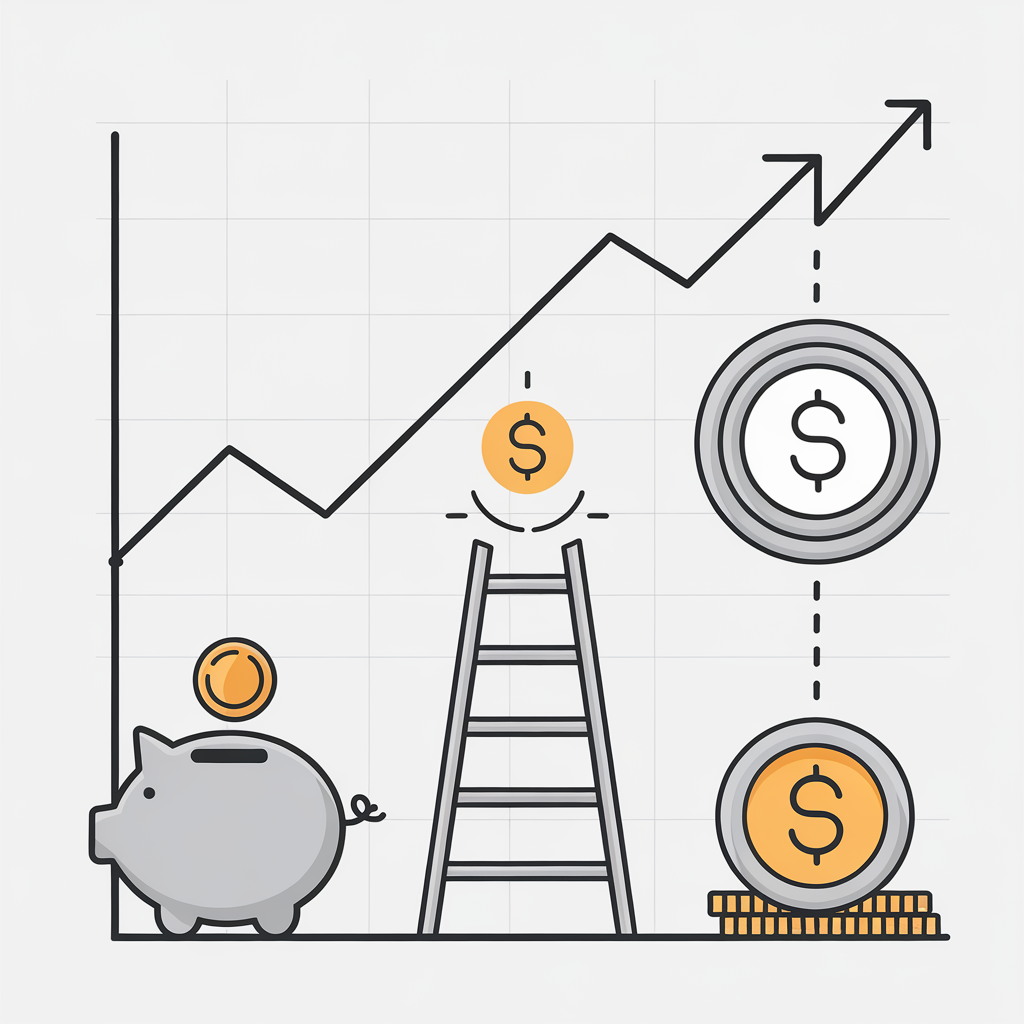Understanding Credit Card Minimum Payments: A Comprehensive Guide
At O1ne Mortgage, we prioritize consumer credit and finance education. We aim to provide you with the best information to help you make informed decisions about your financial health. If you have any mortgage service needs, feel free to call us at 213-732-3074. In this blog, we will delve into the intricacies of credit card minimum payments, how they are calculated, and their impact on your credit score.
How Is a Credit Card Minimum Payment Calculated?
Your credit card’s minimum payment is the smallest amount your card issuer will accept as payment toward your balance each month. This amount is typically calculated in one of two ways: as a flat percentage of your card balance or as a percentage plus the cost of interest and fees. The method used can vary depending on your card issuer and your specific agreement.
If your card issuer uses a flat percentage, your minimum payment could range from 2% to 4% of your total balance. In this scenario, the interest and any fees will be deducted from the total percentage calculated. Alternatively, if the issuer uses the percentage-plus-interest method, you’ll pay a lower flat percentage—usually around 1%—but you’ll also pay the applicable interest and fees for that period.
In some cases, especially when your account balance is under a certain amount, you may be charged a fixed amount, such as $25 or $35. The exception to this rule is if your total balance is smaller than the fixed minimum payment amount, in which case you will be required to pay your full balance.
How Do I Know How Much My Minimum Payment Is?
Finding out your minimum payment each month is straightforward. You can check your mailed billing statement or log in to your credit card account online and navigate to the payment tab or most recent billing statement. If needed, you can also contact your bank over the phone to inquire about your minimum payment for the month.
Thanks to the Credit CARD Act of 2009, credit card issuers are legally required to provide a minimum payment warning on each billing statement. This warning informs you of the total time it will take to pay off your credit card balance and how much interest you’ll pay by only making the minimum payments each month.
It’s crucial to check your statement carefully each month to find out your current minimum payment. This amount can change month to month based on your balance and may also include late payment fees and past missed payments.
How Does Making Only the Minimum Payment Affect My Credit?
Paying at least the minimum due each month by the due date is essential for maintaining a good payment history. Payment history is the most significant factor in your credit score, and even one 30-day late payment can negatively impact your scores.
However, paying only the minimum due each month can potentially harm your credit score, depending on how much revolving debt you have. Carrying a high balance could lead to a high credit utilization ratio, which calculates your total balances as a percentage of your total available credit. A credit utilization rate above 30% can lower your credit scores. Generally, the lower your credit utilization, the better.
Paying more than the minimum also ensures your balances are paid off in a timely manner. According to Experian’s credit card payoff calculator, it would take five years to pay off a $2,000 balance on a credit card with 20% APR by making only the minimum monthly payment of $54—and you’d pay over $1,100 in interest. This calculation assumes you don’t make any new purchases.
How much you can ultimately pay beyond your minimum payment depends on your individual financial situation, but you’ll do the most to avoid interest charges by paying off your full balance before the end of the grace period.
The Bottom Line
Understanding what goes into calculating your minimum payment is a crucial aspect of being a savvy borrower and managing your credit card well. Aim to pay more than the minimum due to save money on interest and maintain good credit.
If you’re looking to pay off your credit cards or want to learn more about your current credit card debt, check your credit report and monitor your credit for free through Experian. This way, you’ll know what’s in your credit file, and you’ll be alerted to changes to your score.
For any mortgage service needs, don’t hesitate to call O1ne Mortgage at 213-732-3074. We’re here to help you navigate your financial journey with confidence.

